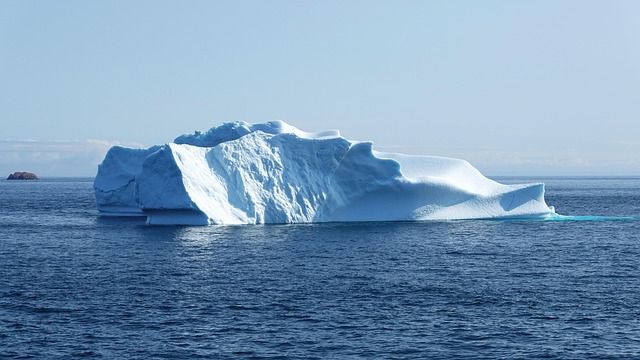Ensuring Energy Security: A Critical Component of Melting Challenges
In an era where the effects of climate change are becoming increasingly evident, the concept of energy security has gained unprecedented significance. As temperatures rise and glaciers melt, our reliance on stable and accessible energy sources becomes a critical issue that we cannot overlook. The melting of polar ice caps and rising sea levels serve as stark reminders that our energy systems must adapt to a rapidly changing world.
The challenges we face in achieving energy security are multifaceted. As natural resources dwindle and geopolitical tensions rise, the quest for sustainable energy becomes more urgent than ever. In this melting landscape, vulnerable communities often bear the brunt of fluctuating energy prices and uneven distribution of resources. Ensuring that these communities have reliable access to energy is not just a matter of convenience—it’s a matter of survival.
Energy security involves more than just having enough energy to power our homes and industries; it encapsulates the stability of the energy supply and the fairness of its distribution. As we witness the stark realities of climate change, such as extreme weather events and diminishing resources, the call for a resilient, diversified energy portfolio grows louder. Transitioning to renewables not only addresses the pressing issue of climate change but also fortifies our energy infrastructure against the unpredictable shifts in our environment.
The melting of glaciers and ice sheets isn’t just a symbolic representation of climate change; it is a clarion call for action. As they recede, they unveil new ocean pathways and alter weather patterns, impacting energy generation in vital regions. This reality necessitates a reassessment of how we approach energy security. Incorporating innovative solutions, like decentralized energy systems and smart grids, can enhance resilience while also catering to the needs of communities affected by these changes.
Furthermore, embracing energy efficiency can significantly alleviate pressure on our existing systems. By optimizing the way we consume energy, we not only reduce demand but can also lessen the environmental footprint associated with energy production. This is especially crucial as we grapple with the climatic manifestations of our past energy habits.
We must not forget the human element in the discussion of energy security. Communities affected by melting ice and fluctuating energy supplies face existential threats. Our collective response to these challenges must prioritize sustainability and equity, ensuring that every individual has access to clean and reliable energy sources. By fostering innovation and advocating for policies that support sustainable practices, we build a framework that not only responds to immediate needs but also anticipates future challenges.
Ultimately, ensuring energy security in the context of our melting planet is not just a technical challenge but a moral obligation. As we navigate through this melting crisis, how we choose to respond will define our resilience in the face of adversity. Together, we can champion a future where energy security is guaranteed for all, paving the way for a sustainable and equitable environment.




